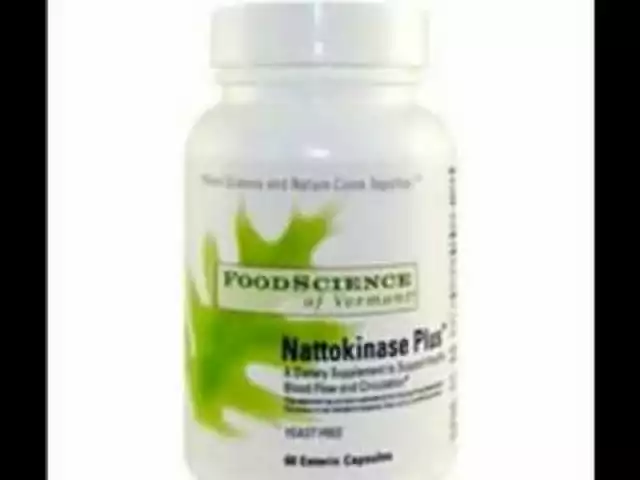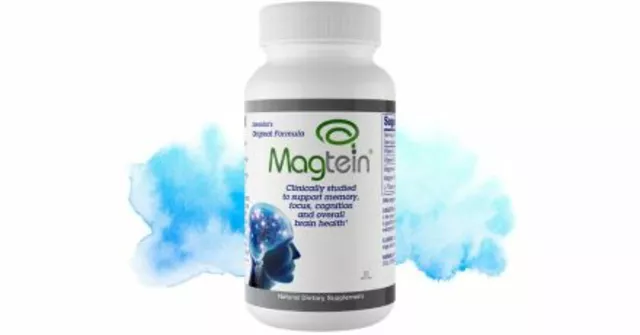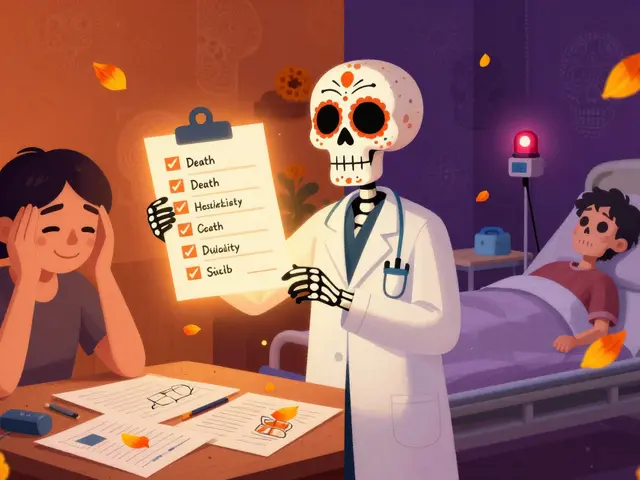Understanding the Importance of Sodium
When it comes to dietary supplements, sodium often goes unnoticed. Yet, I believe it's one of the most underrated dietary supplements available to us today. Sodium, a vital nutrient, is responsible for numerous bodily functions such as maintaining fluid balance, transmitting nerve impulses, and regulating blood pressure. However, it's often associated only with negative health outcomes like hypertension and heart disease, which is quite a narrow perspective. While excessive sodium intake can indeed lead to such conditions, a balanced intake is absolutely crucial for our bodies to function optimally.
Decoding Sodium's Role in Our Bodies
As an essential mineral, sodium plays a key role in our body's day-to-day functioning. It helps maintain the right balance of fluids in our bodies, an aspect that's vital for our survival. Sodium also aids in transmitting nerve impulses and influences the contraction and relaxation of muscles. When we sweat, lose fluids due to illness, or engage in intense physical activity, our body's sodium levels drop, which needs to be replenished for maintaining good health.
The Connection Between Sodium and Exercise
For individuals who engage in regular physical activity, especially intense workouts, sodium supplementation can be incredibly beneficial. Sodium is lost through sweat during exercise, and replenishing these lost electrolytes is crucial to prevent dehydration, maintain optimal performance and speed up recovery. Sodium supplements can help in this regard, assisting athletes and fitness enthusiasts in staying at the top of their game.
How Much Sodium Do We Need?
Like anything else, balance is key when it comes to sodium intake. The Dietary Guidelines for Americans recommends an intake of 2,300 milligrams (mg) of sodium per day as part of a healthy eating pattern. However, individuals with certain health conditions, such as high blood pressure, might need to consume less. It's always best to consult with a healthcare professional to determine the right amount of sodium for your specific needs.
Natural Sources Vs. Sodium Supplements
It's worth noting that sodium is naturally present in a variety of foods, including dairy products, meat, and some vegetables. However, most people consume the majority of their sodium from processed and restaurant foods. Sodium supplements can be a good way to ensure you're getting the right amount of this essential mineral, especially if you're an active individual or have specific dietary needs.
Choosing the Right Sodium Supplement
When it comes to choosing a sodium supplement, it's important to read labels carefully. Look for products that contain sodium chloride or sodium citrate, which are easily absorbed by the body. Also, consider the sodium content per serving and make sure it aligns with your daily recommended intake. Remember, while sodium supplementation can be beneficial, it's not a replacement for a balanced diet and healthy lifestyle.











